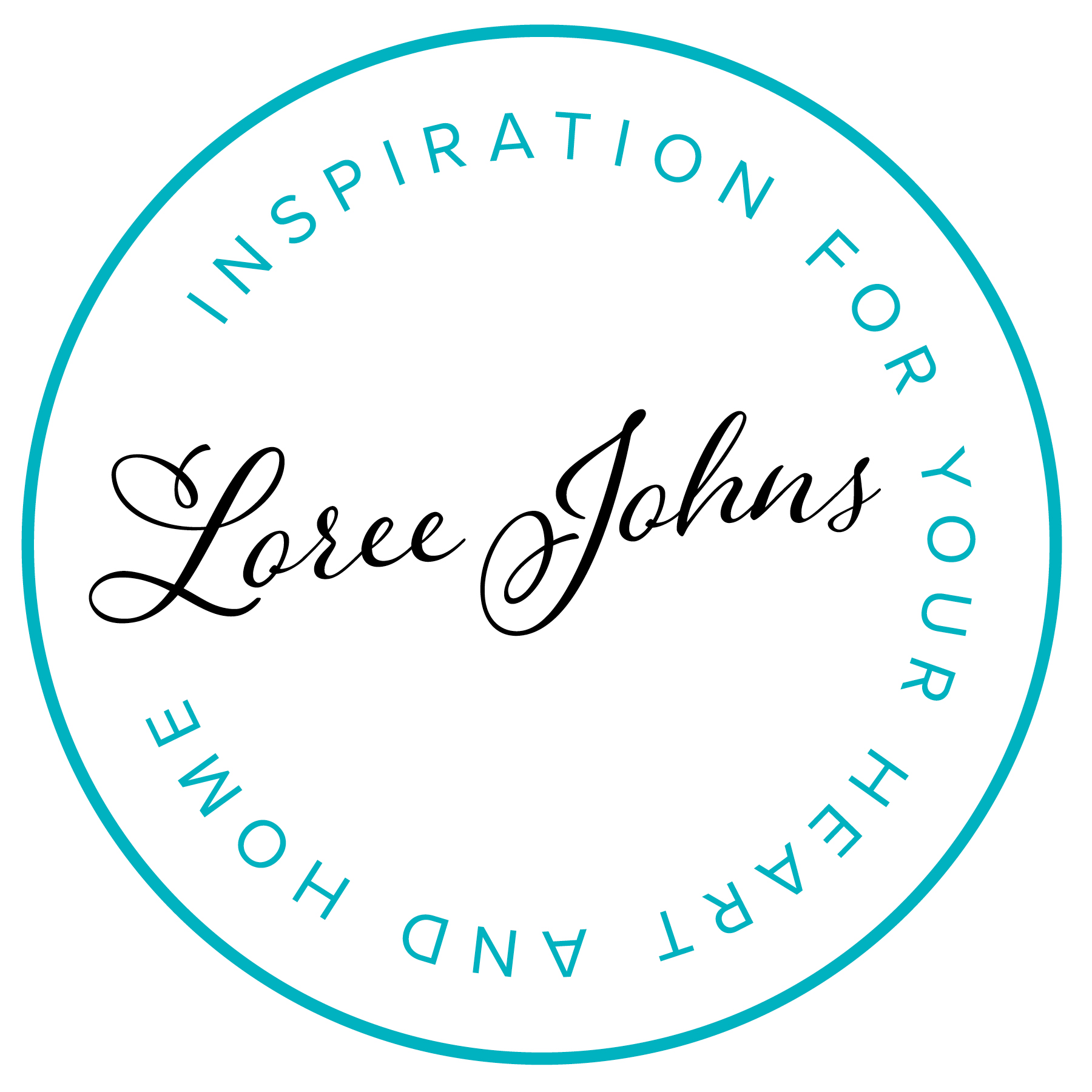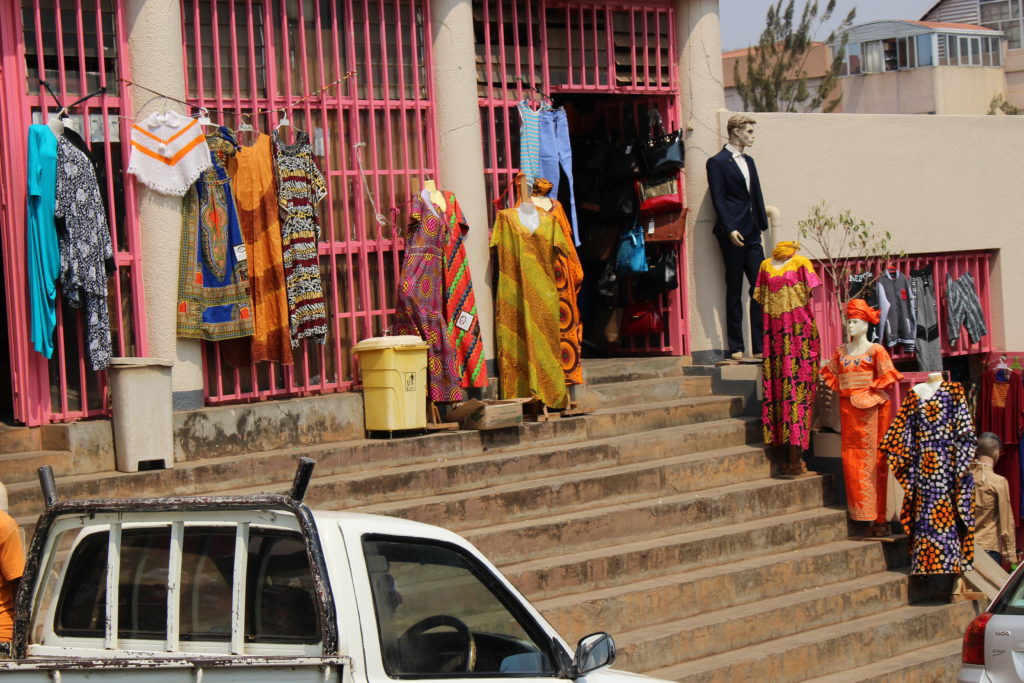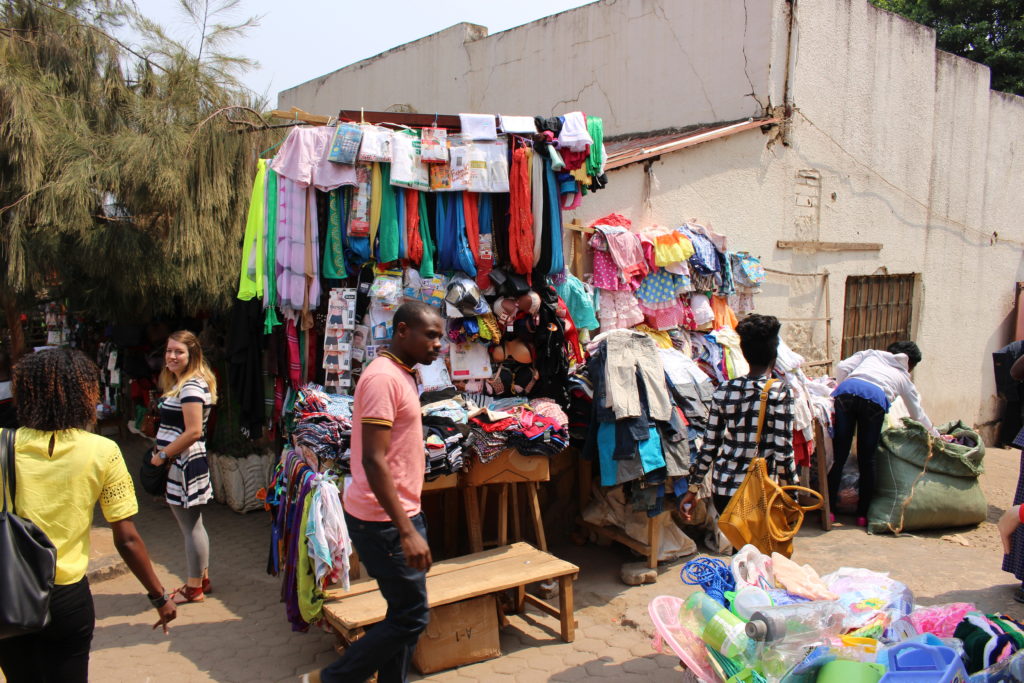Guest post by Jamie Boiles
I am excited to share another fascinating post from Jamie Boiles who has lived in Rwanda the last 6 years. Her stories of culture and struggle as an American living abroad are interesting and poignant. Enjoy!
******************************************
The long flowing dresses shimmer with prisms of color, and the men shine in their best suits. Rwandan weddings unfurl like a stage play, complete with a script and extravagant costumes. The beautiful dancers swirl as the drummers thrum steady and sure. All the while, the emcee keeps the flow smooth throughout the day. Yes, day. They are extravagant events that stretch from morning until late into the night.
They start with negotiations for the bride price. How many cows would a husband’s family need to give the bride’s family in order to purchase this woman? (My feminist eyes roll a little, but it’s all in good present day fun. No cows are actually exchanging hands.) Then they must verify the cows are healthy milk producers. A lot of humor and bantering are involved in this process. “Are the cows good and fat?” “ Isn’t the bride worth more than 100 cows?”
When the elders accept the price, they request to see the bride. The bride’s father will announce that the bride is not around, and make some excuse like “She had to go to the US for university and she won’t be back until summer.” But everyone is a welcome guest and we should wait. More bantering and deception flies– about “Where the bride really is, and will she return for the ceremony?”
And it goes on like this for hours….literally hours.
The piece always interesting to me is the lineage. The father of the family shares the family lineage to verify the identity of the bride, which also connects her to her family’s clan. The irony at a recent wedding I attended was that the bride and groom were American. Their biological family wasn’t in attendance, but their Rwandan family stepped in. A “father” at the elder men table, a “mother” at the elder women table, while “aunties” and “uncles” filled each side of the room.
As the “father” recited the lineage, it made me think of two things. First, the example of genealogies in the Bible, and Secondly, “Who is my clan?”
Living in a foreign country, I have people around me who serve in familial roles. Though they will never replace my biological family, we share a deep bond. And then it hit me, “If you want to be my disciple, you must, by comparison, hate everyone else—your father and mother, wife and children, brothers and sisters—yes, even your own life. Otherwise, you cannot be my disciple. And if you do not carry your own cross and follow me, you cannot be my disciple.” Luke 14:26-27
I left my family and friends to move to Rwanda, because God was opening doors for me to serve Him. My “family” has changed because I left my biological family to serve Him. Being a disciple of Christ means my lineage is made up of people throughout biblical history. I may not know where my great-great-great-great grandfather lived, but I know where my Jesus is from and I know His family.
I know WHO I belong to and where I’m from.
In the lonely moments of straddling two worlds, and feeling like a foreigner in my home culture and my host culture, I’m gently reminded where I belong.
And I long for a place with all my families together.
~Selah




